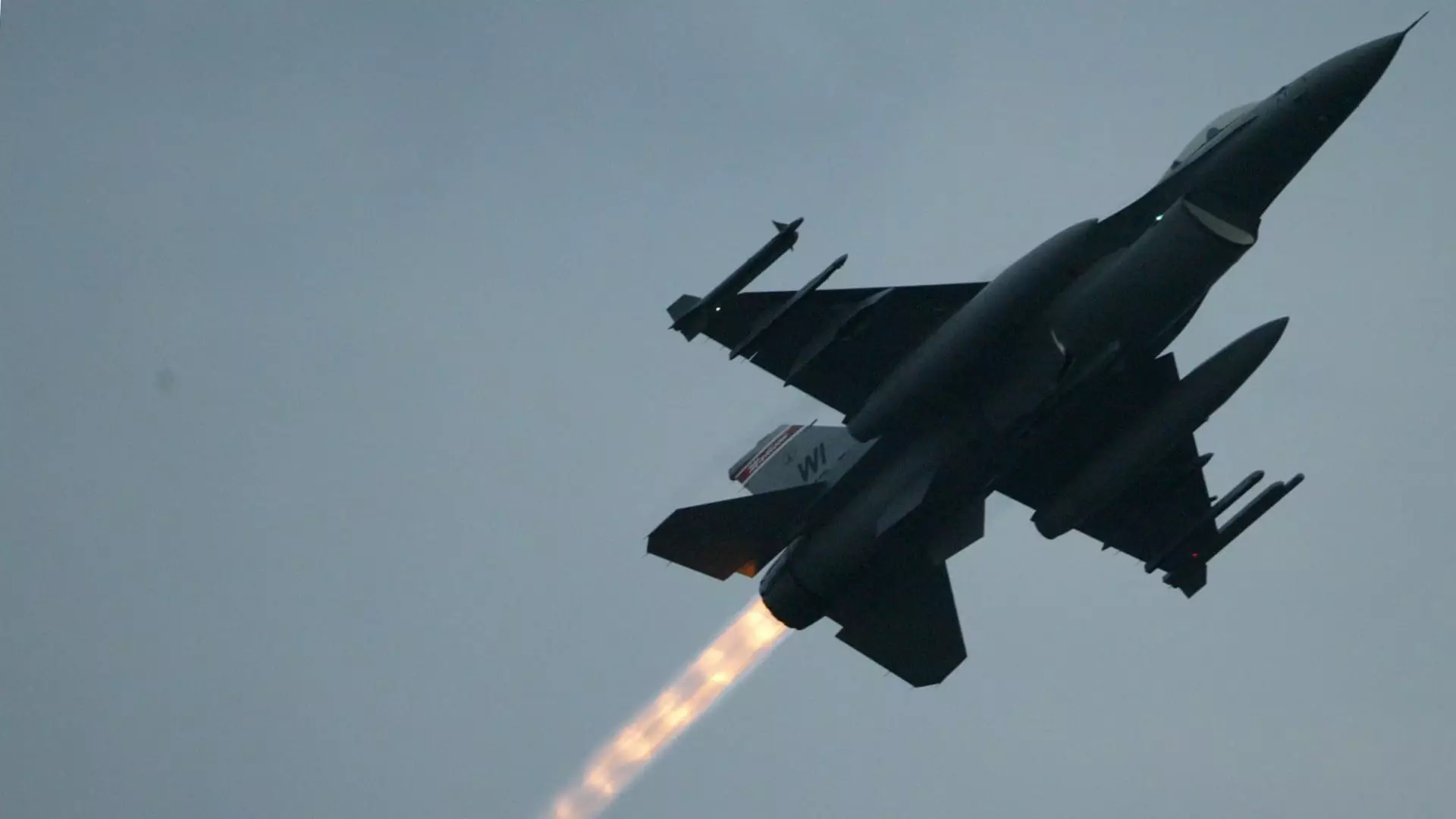Recently, Russia reported shooting down a Ukrainian drone in the center of Moscow. According to Moscow mayor Sergei Sobyanin, the drone debris fell near the Expocentre Fairgrounds, which is located in the Moscow City complex, home to multiple Russian government agencies. While Russian authorities have reported multiple drone strikes on the capital throughout the summer, it is important to approach this news with caution, as CNBC was unable to independently verify these reports.
In response to what Canada deems as “rising levels of human rights violations and state-sponsored violence faced by political opponents,” the Canadian Foreign Ministry has decided to impose sanctions on 15 Russian individuals and three entities. These individuals and entities consist of senior officials of the Russian government, judiciary, and investigative committee, as well as federally funded courts. The Canadian government’s decision to take such action showcases their concern over Russia’s alleged human rights violations.
State media outlet RIA Novosti reported a large fire at Russia’s Novorossiysk oil export terminal. Wooden pallets covering an area of 1,300 square kilometers were allegedly burning. However, the fire was eventually extinguished. Such incidents, though potentially significant, require careful analysis to determine their true impact on Russia’s oil industry.
Ukraine’s Defense Minister Oleksii Reznikov expressed gratitude to his Swedish counterpart Pal Jonson for a security assistance package worth 270 million euros ($293 million). Reznikov stated that this funding would contribute to driving out Russian occupiers from Ukraine. Jonson further explained that ammunition and spare parts for previously donated weapons were being prepared, emphasizing the need to support Ukraine in their long-term fight against Russia. While this assistance may provide some relief for Ukraine, the effectiveness of such aid remains to be seen.
Germany has supplied Ukraine with two new IRIS-T air defense systems, which Ukrainian President Volodymyr Zelenskyy described as “powerful and much-needed.” These short-range, air-to-air missile systems are designed to provide medium-range, high-altitude cover. Chancellor Olaf Scholz agreed to supply Ukraine with the weapons following pleas from Kyiv for increased arms supplies from Western allies. While this contribution is undoubtedly beneficial for Ukraine’s defense capabilities, the overall impact on the conflict with Russia needs to be critically evaluated.
The United States has approved sending F-16 fighter jets to Ukraine from Denmark and the Netherlands. These aircraft will be deployed once pilot training is completed. Ukraine has been lobbying for the acquisition of F-16 jets for a long time, and while President Joe Biden agreed to train Ukrainian pilots in May, a timeline for the delivery of the aircraft had not been established. This approval signifies a significant development in Ukraine’s military capabilities and highlights the increasing support of Western allies in countering Russian aggression.
NATO Secretary-General Jens Stoltenberg emphasized that it is solely up to Ukraine to decide when peace talks with Russia can take place. Stoltenberg’s comments come in response to a controversial statement made by senior NATO official Stian Jenssen, who suggested that Ukraine might have to cede territory to Russia as part of a potential solution to the conflict. Stoltenberg clarified that NATO’s policy remains unchanged, and they continue to support Ukraine. This recent exchange underscores the ongoing tensions and differing perspectives within the NATO alliance on how to handle the Ukraine-Russia conflict.
The CEO of Naftogaz, Ukraine’s largest oil and gas company, suggested that discussions regarding the renewal of the Russian gas transit deal should include the European Union (EU). While Ukrainian Energy Minister German Galushchenko signaled that Ukraine would not engage in discussions with Russia, Naftogaz’s CEO argued that it is essential to consider the position of EU consumers. The current gas transit deal is set to expire in 2024, and both Ukraine and the EU need to negotiate a new agreement. The outcome of these discussions will have significant implications for energy security in Europe and the relations between Ukraine, Russia, and the EU.
Russia’s rising inflation and plunging currency have created tensions between the Kremlin and the country’s central bank. These economic challenges highlight the complexities and potential conflicts between political and monetary policies. The discord between the Kremlin and the central bank could have significant ramifications for Russia’s economy, including its ability to address inflation and stabilize the currency.
Recent events and developments in the Ukraine-Russia conflict demand careful analysis and consideration. The downing of a Ukrainian drone in Moscow, along with geopolitical maneuvers by various countries, escalations in military aid, and tensions within NATO, all contribute to the overarching narrative. It is crucial to critically evaluate each incident and its wider implications to gain a comprehensive understanding of the ongoing conflict and potential paths to resolution.


Leave a Reply